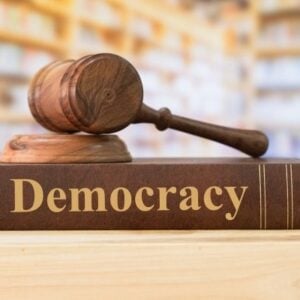The UN Working Group on Business and Human Rights has emphasized that Serbia’s economic development must be closely aligned with the protection of human rights. Experts Lyra Jakulevičienė and Robert McCorquodale acknowledged Serbia’s legal framework and efforts to meet EU standards on environmental protection and labor rights, but noted that implementation remains inconsistent and weak, particularly regarding corporate accountability.
The experts expressed concern over the limited independence and authority of institutions responsible for monitoring business conduct and providing effective remedies, highlighting that these weaknesses undermine the protection of human rights in line with the UN Guiding Principles on Business and Human Rights. Their visit occurred amid nearly a year of nationwide protests following the 2024 collapse of the Novi Sad railway station canopy, which has been linked to alleged corruption in public procurement and construction, revealing deficiencies in transparency, accountability, and access to justice.
Civil society was identified as a crucial actor in holding businesses accountable, yet the Working Group received reports of intimidation and attacks against activists who exposed harmful corporate practices. The experts stressed that major development projects should be subject to thorough human rights and environmental impact assessments, public scrutiny, and independent oversight, with meaningful consultation of affected communities. They noted that communities in Bor and Loznica, for instance, are often excluded from decision-making and lack access to independent information regarding projects that affect them.
Positive steps highlighted include Serbia’s measures on non-discrimination, protection of trafficking victims, and occupational safety. However, challenges persist, including weak labor inspections, exploitation of foreign workers, and obstacles to trade union registration and operations. During their visit, the experts engaged with government officials, businesses, trade unions, civil society, and local communities across Belgrade, Bor, Loznica, Novi Sad, and Zrenjanin.
The Working Group will submit its report to the UN Human Rights Council in June 2026. The experts, serving in their independent capacity, reinforced that economic growth should be pursued responsibly, ensuring that people’s rights and environmental sustainability are integral to Serbia’s development strategy.







